"It's crazy what you see" – campers urged to treat Dartmoor National Park with respect after reports of flycamping
Britain's fly camping epidemic shows no sign of abating as authorities grapple with some people treating the landscape "like a festival site"
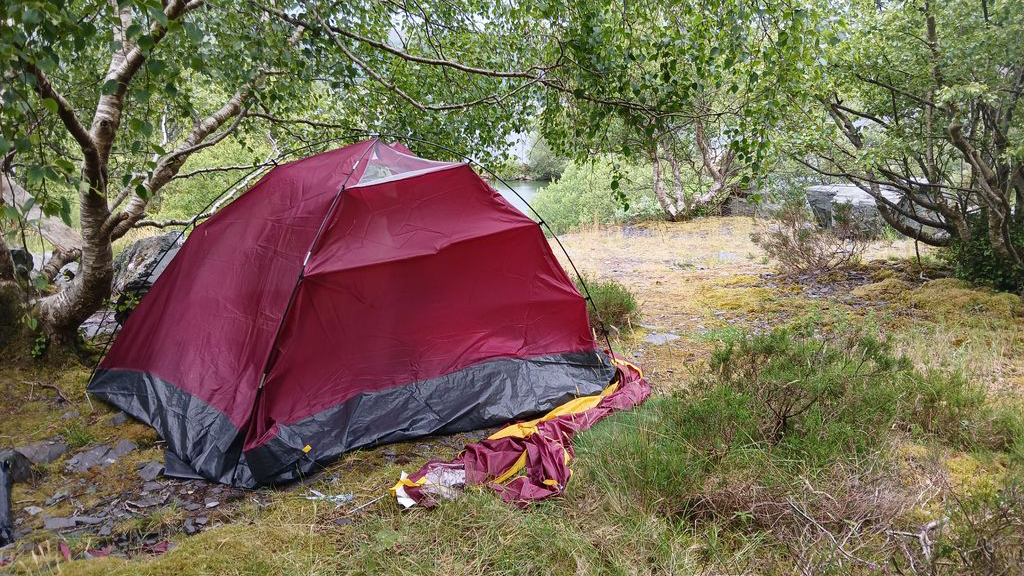
All the latest inspiration, tips and guides to help you plan your next Advnture!
You are now subscribed
Your newsletter sign-up was successful
It was a landmark ruling widely celebrated in the outdoors community - the right to wild camp on Dartmoor was enshrined in a court ruling in May.
But now reports have emerged of an increase in fly camping in the national park, with claims that some people are using the wilderness "like a festival site".
There have been reports of campers heading into the national park with large family tents and items like generators, mini fridges and boom boxes. Trash left behind, roadside camping and irresponsible fires have all been reported too. Sam Le Bailly, a national park ranger, said, "It's really crazy what you see. It still surprises me."
Richard Drysdale, director of conservation and communities at Dartmoor Naitonal Park said: "There has been a real rise in the number of people thinking that within this incredible area that they can treat it like a festival site".
This comes after the right to legally wild camp across parts of the national park was restored by the Supreme Court in May following a legal challenge against wild campers by a wealthy landowner.
Wild camping and fly camping
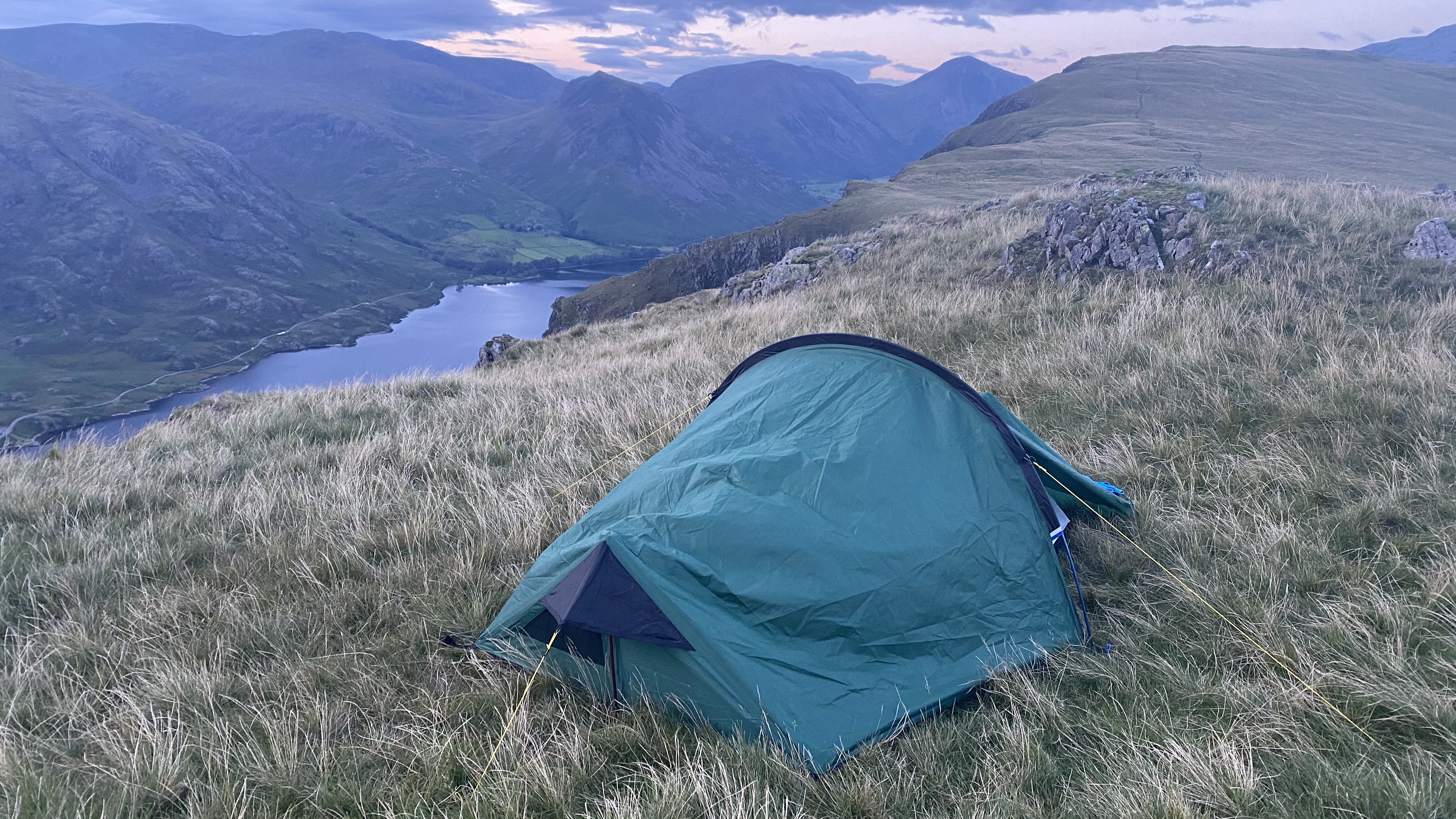
Deputy head ranger Ella Briens added, "We want to be really clear about what backpack or wild camping is and what's fly camping."
Wild camping is a form of camping that takes place away from designated camp sites. It typically takes place high up on open access land by individuals or small groups who follow the Leave no Trace principles by camping discretely and leaving the environment as they found it.
All the latest inspiration, tips and guides to help you plan your next Advnture!
Fly camping does not adhere to the Leave no Trace principles and often involves indiscrete groups pitching tents near the roadside down in the valley. Discarded trash, tents and ruined sites, as well as anti-social behavior are commonplace, with fly campers often leaving scorched earth due to campfires.
Fly camping epidemic
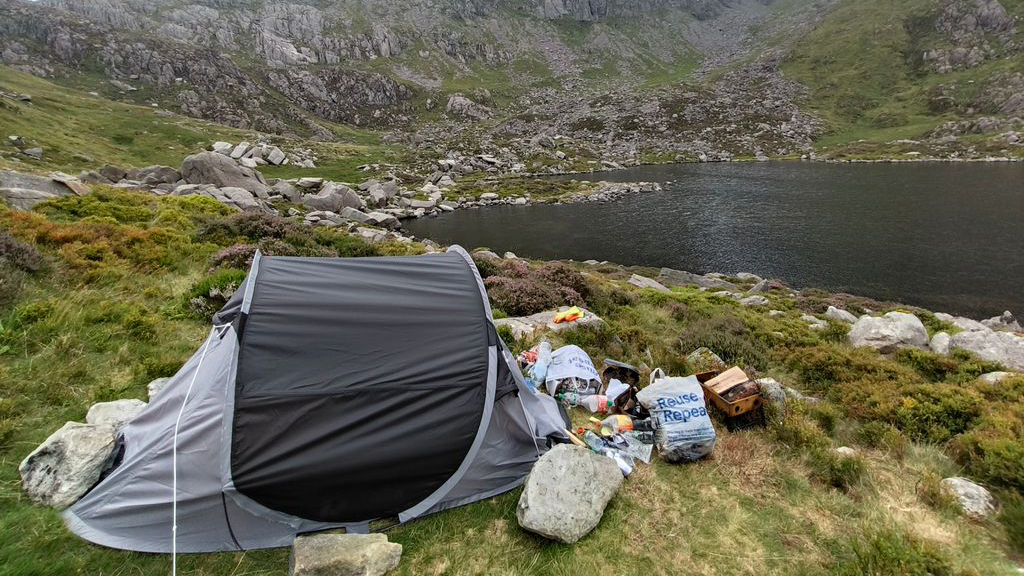
This all comes a month after we reported on fly campers around Ullswater in the English Lake District. Local residents said that they were "frustrated" that more wasn't being done by the local council and national bodies like the National Trust to challenge fly camping.
In a separate incident last week, Keswick Mountain Rescue was called out by local police to carry out a welfare check on a tent pitched at an inaccessible location above the Lake District's Langsrath Valley. At the time, the region was in the grip of a named storm – Storm Floris – adding to both the urgency of the potential rescue and also the difficulties the rescuers could face.
A post shared by Keswick MRT (@keswickmrt)
A photo posted by on
As it turned out, the tent had been abandoned and contained the remains of food and a sopping wet sleeping bag. "Yet another case of fly campers" Keswick Mountain Rescue bemoaned on its official Instagram feed.
Dartmoor camping in the news again
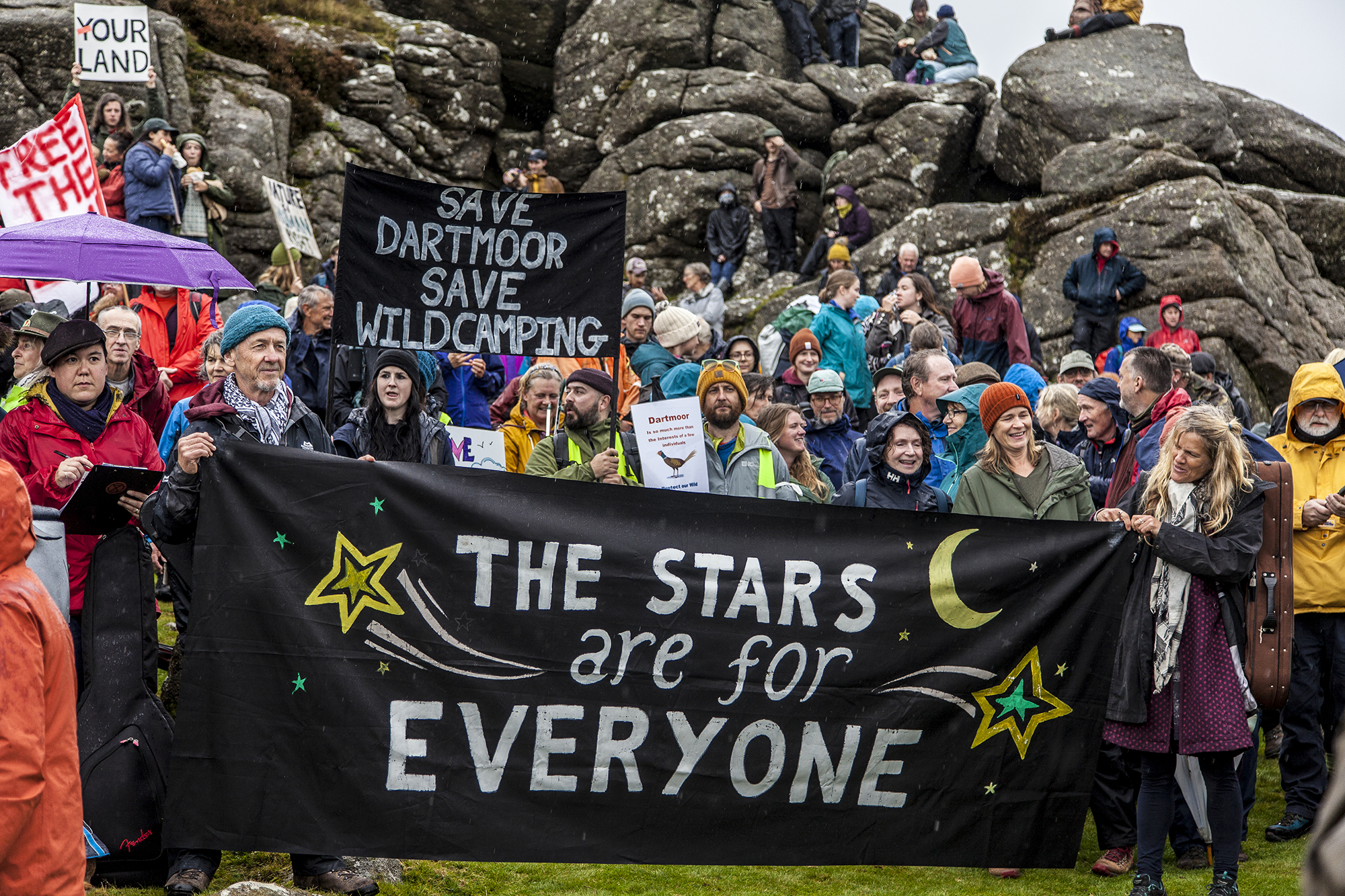
Wild camping in Dartmoor National Park has been in the news a great deal over the last few years. It's the only place in England where it's currently legal to wild camp, though the practice is generally tolerated across the country if the Leave no Trace principles are adhered to. However, the right to wild camp on Dartmoor came under threat after a legal challenge by wealthy hedge fund manager Alexander Darwall and his wife Diana, who own the 4,000-acre Blachford Estate in the south of the national park.
After a nail-biting seven month wait for Right to Roam campaigners, the right to legally wild camp in large parts of Dartmoor was restored and the Darwalls' appeal was thrown out by the Supreme Court.
It's a result that has galvanized all who would love to see the right to legally wild camp extended across all of England and Wales, just as it is in neighboring Scotland. However, instances of fly camping continue to harm this cause, providing landowners with a legitimate argument against opening up the land to all.
We Wild Camp campaign
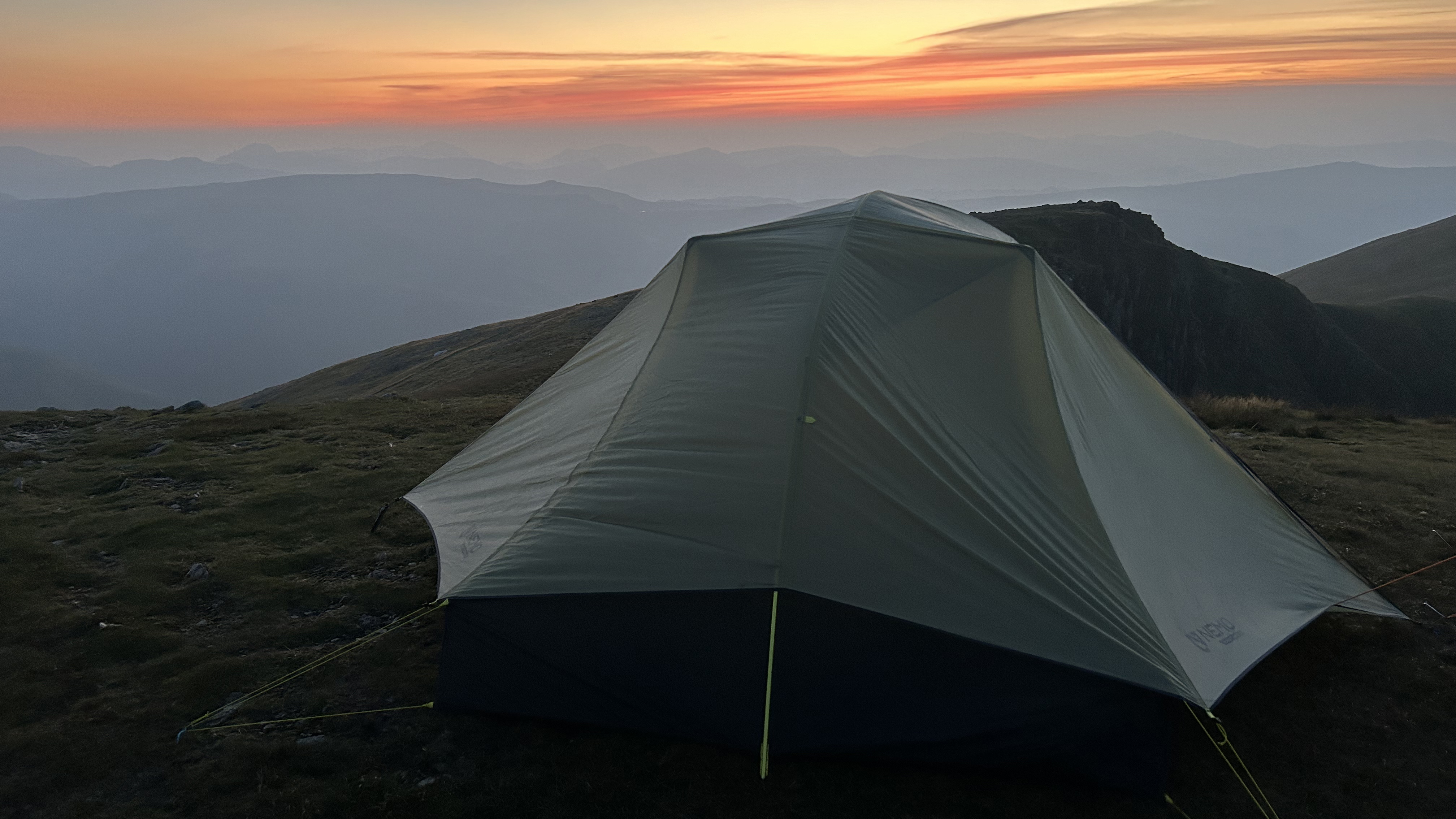
In June 2025 the British Mountaineering Council – the national representative body for climbers, hill walkers and mountaineers – launched its We Wild Camp campaign. The campaign is designed to improve education around responsible camping and deal with the rise of fly camping while raising wild camping's profile, leading to reform and sharing best practice.
One of the ways the BMC is combatting fly camping is via the Wild campers tackling fly camping Facebook group, a forum to "discuss how to leave the countryside better than we found it".
The campaign is also calling for six key changes to allow for reform. These include:
- National Park Authorities to be given the power to create wild camping zones to help manage responsible wild camping and tackle fly camping.
- Guidance on how to wild camp responsibly to be included within an updated version of the countryside code.
- Additional funding for National Parks, National Landscapes, and land managers to support responsible wild camping in the right place.
- A substantial new investment in young people's outdoor education to help improve understanding and skills needed to wild camp responsibly.
Alex is a freelance adventure writer and mountain leader with an insatiable passion for the mountains. A Cumbrian born and bred, his native English Lake District has a special place in his heart, though he is at least equally happy in North Wales, the Scottish Highlands or the European Alps. Through his hiking, mountaineering, climbing and trail running adventures, Alex aims to inspire others to get outdoors. He's the former President of the London Mountaineering Club, is training to become a winter mountain leader, looking to finally finish bagging all the Wainwright fells of the Lake District and is always keen to head to the 4,000-meter peaks of the Alps. www.alexfoxfield.com

